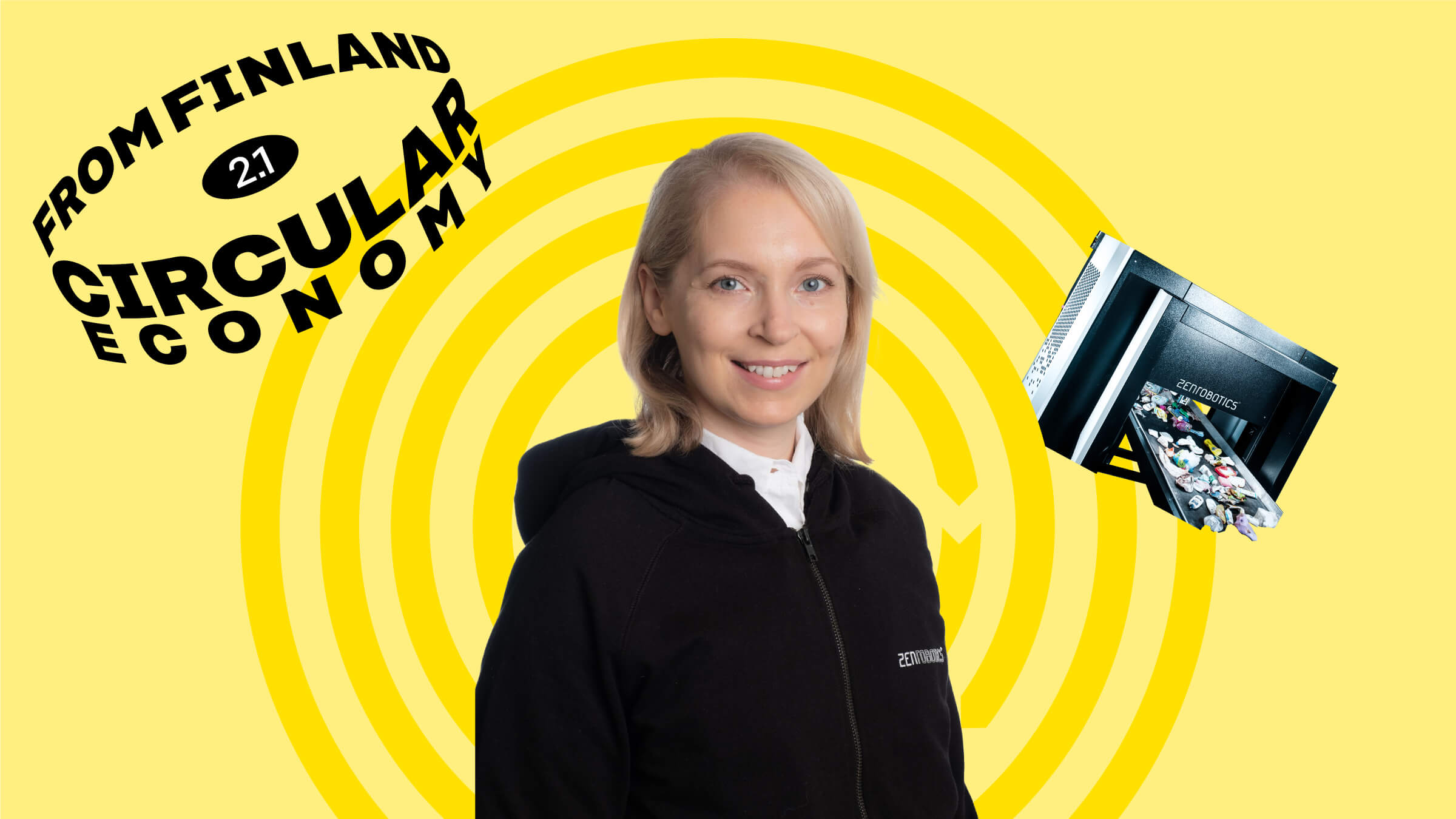“In 2007, researchers at Aalto University were developing artificial intelligence and discussing the possibilities for commercialising it. They were surprised to find out how little automation was used in waste sorting.
The researchers saw a huge opportunity in the automation of waste sorting and founded ZenRobotics. It is the first company in the world to use artificial intelligence in waste sorting. We manufacture robots that use artificial intelligence and other recognition technologies to identify and sort waste fractions from household, industrial, and construction and demolition waste.
This way we can significantly reduce the amount of raw material going to waste. Artificial intelligence makes the sorting more efficient and valuable materials can be better recovered from the waste stream. In addition, the automation of sorting will improve employees’ working conditions as they will be able to focus on other tasks in the recycling centre instead of sorting, which is heavy work and often dangerous.
The first years of ZenRobotics were spent on product development and finding customers. For example, we learned that it is best to manufacture the robots ourselves so that they will endure the harsh conditions in the waste sorting centre.
Now, 10 years later, we are in a very interesting situation. The demand for robotic sorters only started to increase a few years ago when the sustainability goals, among other things, started to boost the mainstreaming of the circular economy. Large consumer brands such as Coca-Cola and Lidl have shown interest in the development of recycling systems in the past few years. The markets are growing all the time and our aim is to get the largest possible share of the demand.
So far, our robots only work in the final stage of waste processing, but I believe that the whole waste-management process will be automated in the future. With the help of digitisation, it is possible to follow a product’s journey from manufacture to the consumer and to sorting, which makes it easier to predict the waste flows.
As a whole, the opportunities for digitisation to boost the circular economy are huge.”










Suosittelemme
Vielä yksi